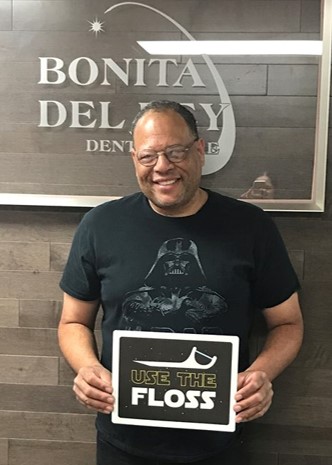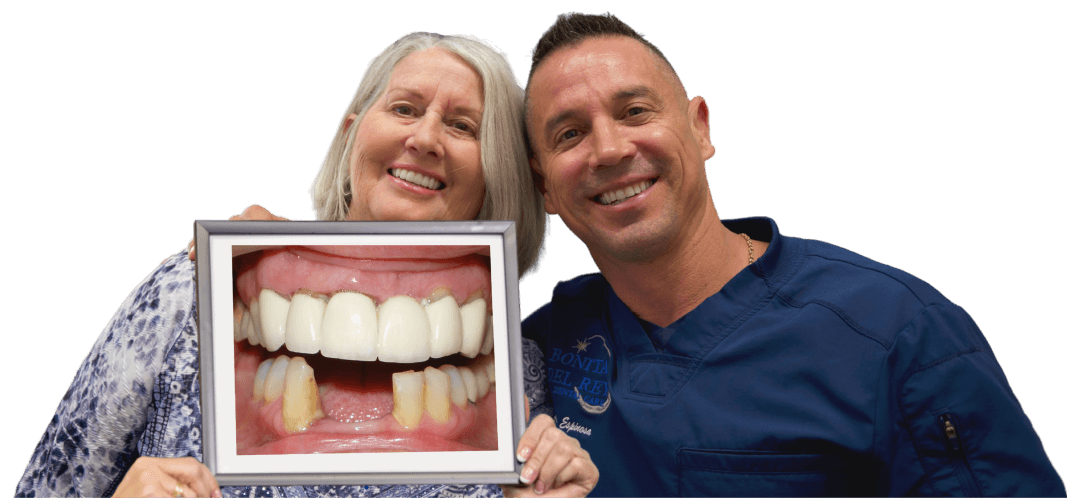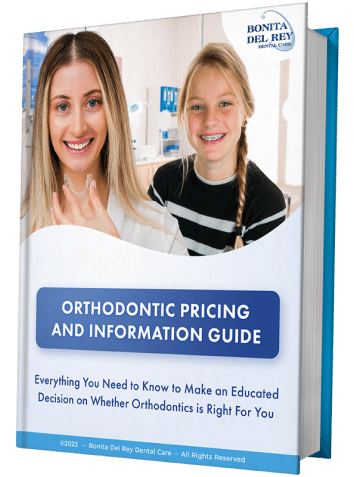When was your last visit to the dentist? It’s recommended to have routine dental check-ups every six months, or sooner depending on your oral health history.
Routine Dental Visits
“To maintain optimal oral health, the American Dental Association (ADA) recommends regular dental visits, at intervals determined by a dentist. The ADA encourages people to work closely with their dentists to identify any potential risk factors that would determine the need for and frequency of follow up visits to enhance the outcomes of preventive care.”
A routine dental visit isn’t just to get your teeth cleaned. While removing plaque and tartar is important, the dentist also checks for cavities, signs of disease in your mouth, tongue, gums, neck and lymph nodes, and goes below the surface with X-Rays.
There are a number of reasons you should visit the dentist regularly, and here are the three most important:
-
- It’s preventative
In addition to your daily routine of brushing, flossing and maintaining a healthy diet, the dentist cares for your teeth by eliminating cavities, checking for gum disease, excess wear on your tooth enamel and recommends treatment to prevent possible issues later on. For example, sealants can be placed to block cavities in deep grooves in your teeth. Also, fluoride treatments can help prevent tooth decay by maintaining a constant low level of fluoride in the oral cavity. Both preventative measures you will only be recommended and may receive if you’re visiting your dentist regularly.
- It’s preventative
-
- Early detection of problems
In your routine check-up, as we mentioned above, your dentist is looking below the surface of your teeth and gums. X-Rays can detect additional problems like cavities, gum disease and other types of infections. Having this information in advance can help your dentist prevent future issues. Early detection of oral health care problems can prevent tooth loss, disease and more. “Dental cavities and periodontal disease are major causes of tooth loss. Complete loss of natural teeth is widespread and particularly affects older people. Globally, about 30% of people aged 65–74 have no natural teeth.” (World Health Organization)
- Early detection of problems
- Saves money in the long run
If we are able to prevent problems from occurring, and/or detect them early on, then it makes sense we will save money in the long run. Imagine the cost of losing all your teeth at once. Keeping up on oral health care with preventative measures and possible early detection not only saves you money but also eliminates risk of greater problems.
 Dr. Espinosa and the Bonita Del Rey team are here to assist you with any questions you may have about your oral health care. We are even offering a new patient special for only $95, including a cleaning, exam and X-Rays to get you started on routine dental visits. Contact our office with questions, dental check-up appointments, free dental consultations and/or second opinions. We are here for you!
Dr. Espinosa and the Bonita Del Rey team are here to assist you with any questions you may have about your oral health care. We are even offering a new patient special for only $95, including a cleaning, exam and X-Rays to get you started on routine dental visits. Contact our office with questions, dental check-up appointments, free dental consultations and/or second opinions. We are here for you!












